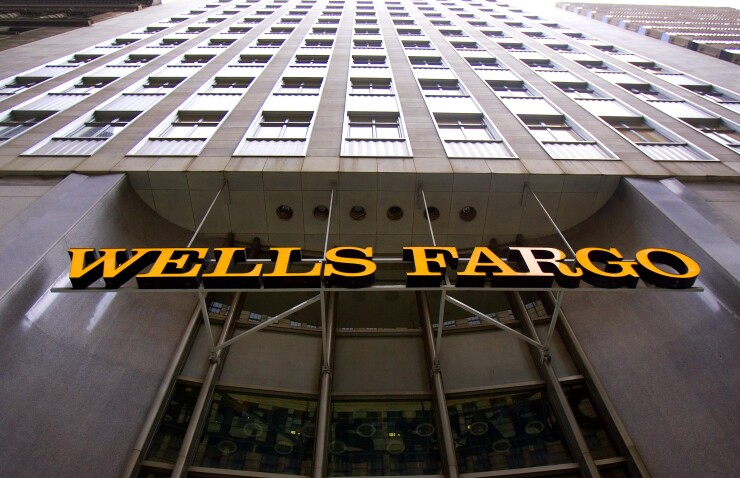The nation’s four largest banks have prevailed in a grinding court fight with the city of Miami over allegations of discriminatory mortgage lending during the housing bubble leading up to the financial crisis.
The city’s decision to dismiss its lawsuits against the banks marks an anticlimactic end to a six-year-old dispute that went all to the U.S. Supreme Court. Experts said that Miami’s abrupt retreat could deter other U.S. municipalities from bringing similarly expensive court cases against deep-pocketed financial institutions.
The Miami city government alleged back in 2013 and 2014 that it suffered harm — largely in the form of lost tax revenue — as a result of predatory lending practices by JPMorgan Chase, Bank of America, Wells Fargo and Citigroup in the early 2000s.
In 2017, the Supreme Court found that the city had the legal standing to bring the lawsuits, but it also established a stringent standard for proving that bank’s practices caused harm to the city.

Lawyers for the city of Miami did not respond Monday to a request for comment on why the suits were dropped. But the city’s decision appeared to vindicate the legal strategy of the four banks, which litigated the Miami cases vigorously.
“I do think it kind of solidifies what an uphill battle it is for the municipalities,” said Craig Nazzaro, a lawyer at Nelson Mullins who represents financial institutions.
Spokespeople for JPMorgan, Bank of America and Citi declined to comment on the city’s decision to drop the suits. Wells Fargo is “very pleased” with the city of Miami’s action, said spokesman Tom Goyda.
Other cities that have filed similar lawsuits against big banks include Los Angeles, Oakland, Sacramento and Baltimore. Last month, Wells Fargo
“I think you’re going to see many of these lawsuits go away,” said Joseph Lynyak, a financial services lawyer at Dorsey & Whitney.
The city of Miami said in its lawsuits that it lost property-tax revenue and had to increase its spending on municipal services as a result of foreclosures that stemmed from discriminatory lending practices. The banks were accused of targeting minority borrowers for loans with predatory terms — a practice known as reverse redlining.
But a series of relatively recent court decisions have made it harder for cities to prevail in these suits. In a 2015 Supreme Court case, the justices determined that plaintiffs must show more than evidence of a racial disparity. Instead, they must show a robust causal link between a policy that is facially neutral with respect to race and an outcome that disproportionately harms minorities.
Plaintiffs may need to hire statisticians, economists and even historians and sociologists in an effort to meet that high legal standard, said Stuart Rossman, director of litigation at the National Consumer Law Center. “It is very expert-intensive litigation,” he said.
Still, Nazzaro said that he expects another wave of lawsuits by municipalities if there's another economic downturn, with cities trying to recoup lost tax revenue from banks.
“I do think that if there is an argument to be made, some municipality will eventually try it if they see a large enough payout at the end of the road,” he said.




